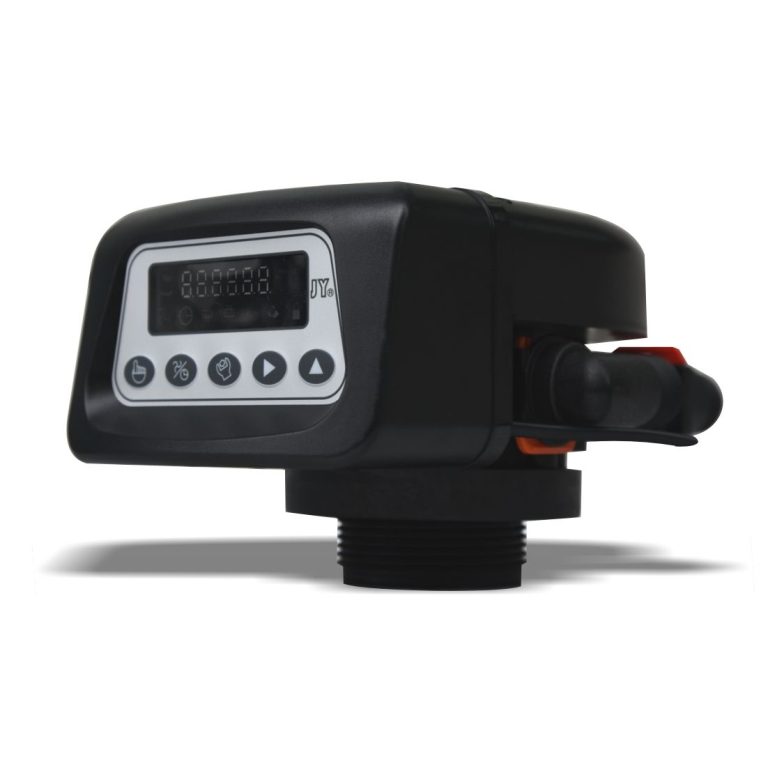“Keep your appliances running smoothly with water softening.”
Table of Contents
Benefits of Using Softened Water in Your Home
Water softening is a process that involves removing minerals such as calcium and magnesium from water, which can cause hardness. Hard water can lead to a variety of issues in your home, from clogged pipes and appliances to dry skin and dull hair. By using a water softener, you can enjoy the benefits of softened water throughout your home.
In addition to protecting your plumbing and appliances, softened water can also save you money on energy bills. When mineral deposits build up in your water heater, it can reduce its efficiency and cause it to work harder to heat water. This can lead to higher energy bills and a shorter lifespan for your water heater. By using softened water, you can prevent mineral buildup in your water heater and improve its efficiency, saving you money in the long run.
Softened water also has benefits for your skin and hair. Hard water can strip the natural oils from your skin and hair, leaving them dry and dull. By using softened water, you can help retain the natural oils in your skin and hair, keeping them moisturized and healthy. This can lead to softer skin, shinier hair, and a more youthful appearance.
| Model | Central tube | Drain | Brine tank connector | Base | Maximum power | Pressure |
| 2850 | 1.9″(1.5″)O.D. | 1″NPTM | 3/8″ & 1/2″ | 4″-8UN | 72W | 2.1MPa |
| 2850 | 1.9″(1.5″)O.D. | 1″NPTM | 3/8″ & 1/2″ | 4″-8UN | 72W | 0.14-0.84MPa |
Another benefit of using softened water is the improved lathering and cleaning power it provides. Hard water can reduce the effectiveness of soaps and detergents, leading to soap scum buildup and a lackluster clean. Softened water allows soaps and detergents to lather more easily and clean more effectively, resulting in cleaner dishes, laundry, and surfaces throughout your home.
Furthermore, softened water can also improve the taste and smell of your drinking water. Hard water can have a metallic or bitter taste, which can be off-putting to some people. By using a water softener, you can remove the minerals that cause this taste and enjoy cleaner, fresher-tasting water. This can encourage you to drink more water throughout the day, leading to better hydration and overall health.

In conclusion, water softening is an important process that can provide a variety of benefits for your home. From protecting your plumbing and appliances to improving the health of your skin and hair, softened water can make a significant difference in your daily life. By investing in a water softener, you can enjoy the many benefits of softened water and create a healthier, more comfortable living environment for you and your family.
The Impact of Hard Water on Appliances and Plumbing Systems
Water softening is a process that involves removing minerals such as calcium and magnesium from water. These minerals are what make water “hard,” and they can have a significant impact on appliances and plumbing systems in a home. Hard water can cause a variety of issues, from clogged pipes to decreased efficiency in appliances. In this article, we will explore the impact of hard water on appliances and plumbing systems and why water softening is important in maintaining the longevity and efficiency of these systems.
One of the most common issues caused by hard water is the buildup of scale in pipes and appliances. When hard water flows through pipes, it leaves behind mineral deposits that can accumulate over time and restrict water flow. This can lead to clogged pipes, reduced water pressure, and even leaks in the plumbing system. In appliances such as dishwashers and washing machines, scale buildup can reduce efficiency and shorten the lifespan of the appliance. By softening the water, these mineral deposits can be prevented, prolonging the life of both the plumbing system and appliances.
Another issue caused by hard water is the formation of soap scum. Hard water reacts with soap to form a sticky residue that can build up on surfaces such as sinks, showers, and bathtubs. This not only creates an unsightly appearance but can also be difficult to clean. In addition, soap scum can clog drains and reduce the effectiveness of cleaning products. By softening the water, soap scum can be minimized, making cleaning easier and more effective.
Hard water can also have a negative impact on the efficiency of water-using appliances. Appliances such as water heaters, dishwashers, and washing machines are designed to operate with soft water. When hard water is used, these appliances have to work harder to heat water and remove mineral deposits, leading to increased energy consumption and higher utility bills. By softening the water, these appliances can operate more efficiently, saving both energy and money in the long run.
In addition to the impact on appliances and plumbing systems, hard water can also affect the quality of water in a home. Hard water can leave a residue on dishes and glassware, causing them to appear cloudy and dirty. It can also make laundry feel stiff and scratchy, as well as leave a residue on clothing. By softening the water, these issues can be eliminated, resulting in cleaner dishes, softer laundry, and overall better water quality.
In conclusion, water softening is important in maintaining the longevity and efficiency of appliances and plumbing systems in a home. Hard water can cause a variety of issues, from clogged pipes to decreased efficiency in appliances. By softening the water, these issues can be prevented, prolonging the life of both the plumbing system and appliances. Additionally, softening water can improve the quality of water in a home, resulting in cleaner dishes, softer laundry, and overall better water quality. Overall, water softening is a simple and effective way to protect your home and ensure the efficient operation of your appliances and plumbing systems.







